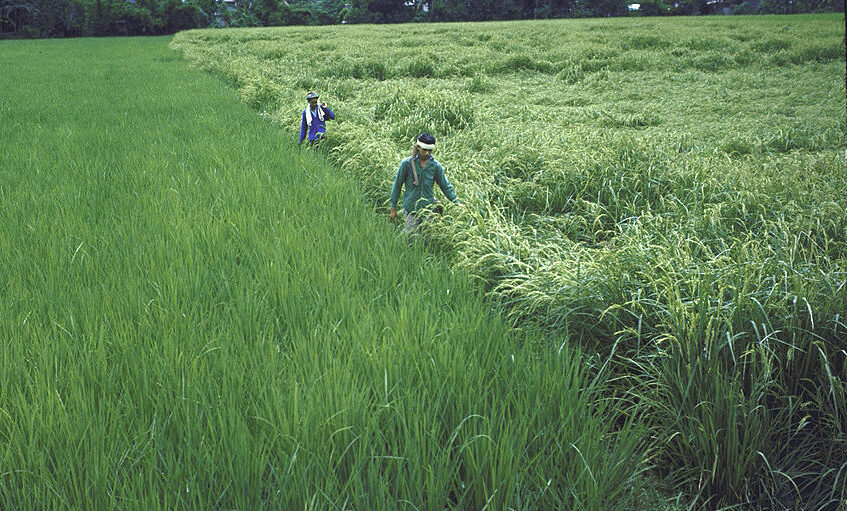Frontiers in Social and Behavioral Science – June 2023
At the 100th anniversary of the Council’s founding, we are proud to honor its founders and to celebrate the achievements of policy-relevant and solutions-oriented social and behavioral science. Every month Frontiers features an article from the most recent issue of each founding association’s flagship journal. Across disciplines, the frontiers of social and behavioral science are rapidly advancing, and with them, our collective capacity to support global well-being. Explore the seven articles featured in the June research roundup here.



